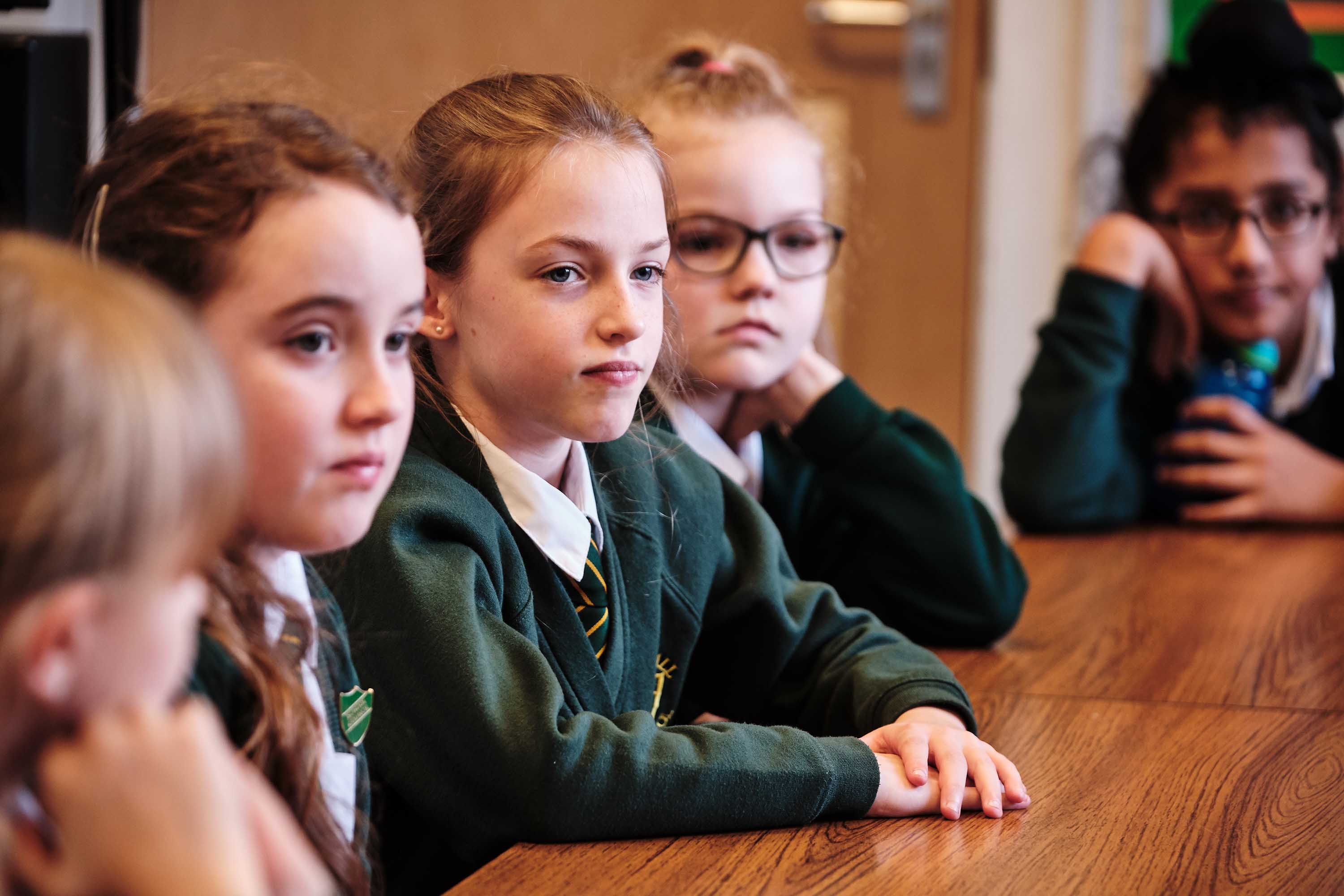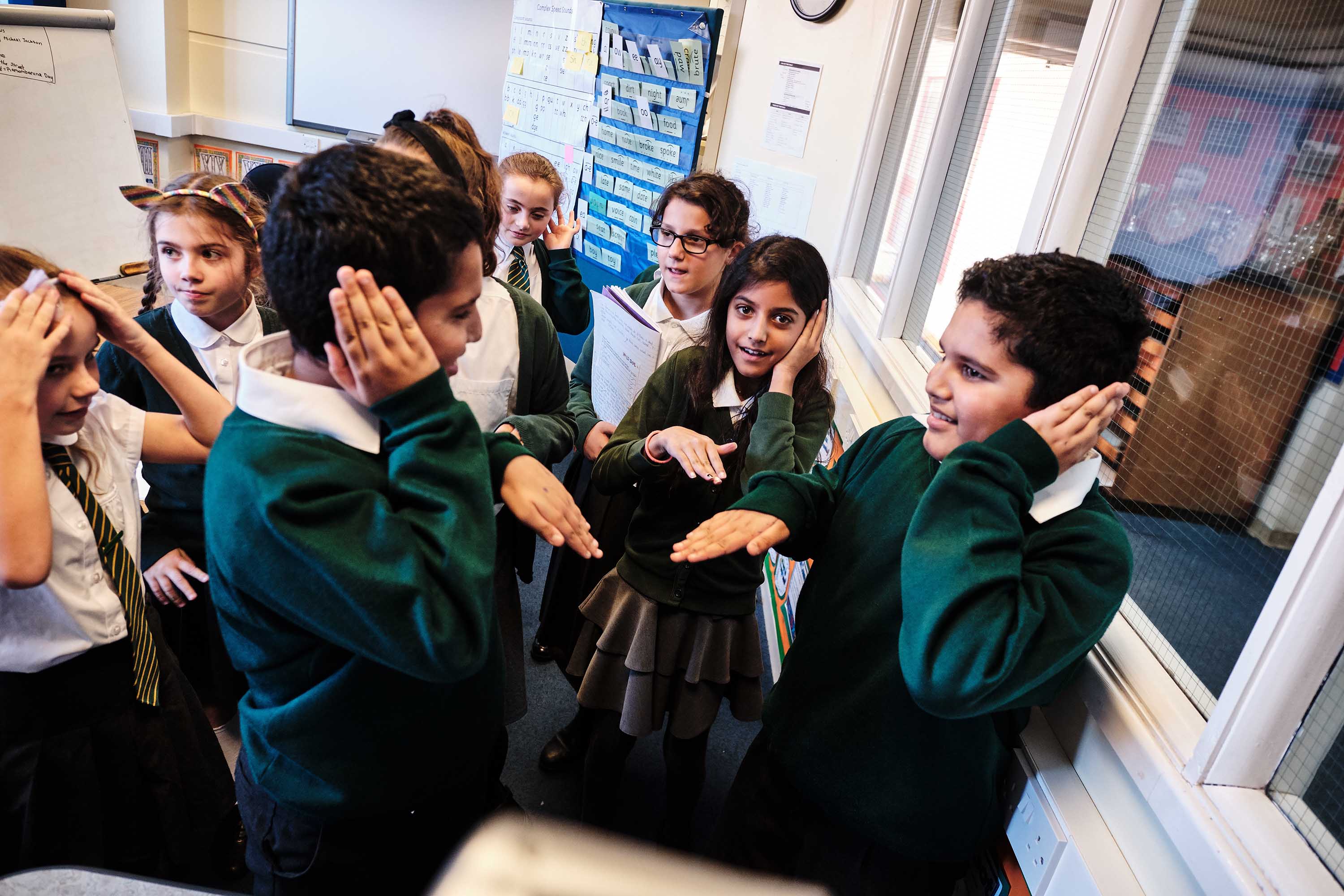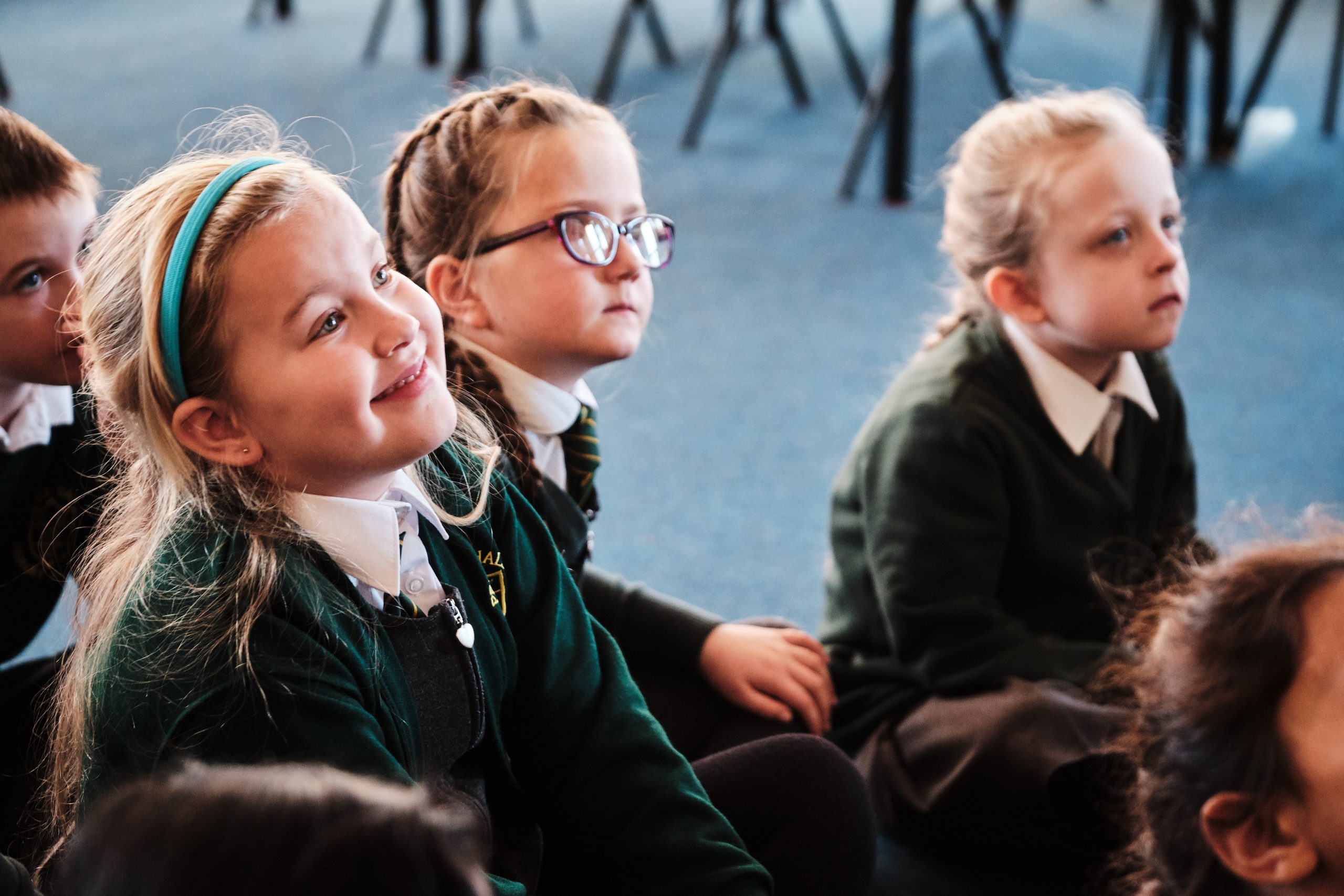Geography
Subject Leader – MRs peake
Geography at Perry Hall
We are born explorers, making sense of our world around us. At Perry Hall, we want all of our pupils to continue with their natural curiosity to explore their world. Through our geography curriculum, our pupils will explore the local area of Wednesfield, the UK, Europe and the wider world. Whilst finding out about the world, pupils develop their geographical skills such as locating places on a map, interpreting scale, reading climate graphs, identifying locations using co-ordinates and interpreting population data. Children will also have the opportunity to undertake fieldwork and use observational skills to study the geography of their school and the surrounding environment.
We teach geography through the PKC approach, which is knowledge rich. This means the knowledge children will gain has been carefully specified, ordered coherently and builds over time. As children work through our geography curriculum they will know more, understand more about the world around them. A good geographical understanding relies on firm foundations of knowledge and skills. The skills our curriculum develops, like the knowledge, are specified, ordered coherently and progress over time. This curriculum structure helps pupils to deepen their understanding of physical and human geographical processes, fostering curiosity and fascination for the world we live in. Approaching primary geography with a knowledge rich focus means that the knowledge children will be taught has been identified, in each year group, in each unit and in each lesson.
As children work through the curriculum they will know more and understand more about the word around them. This rigorous approach, covering and going beyond the requirements of the National Curriculum, leaves nothing to chance, building geographical knowledge and understanding in a way that builds on children’s prior knowledge, allowing them to make meaningful connections and gain an understanding of how our world is connected.
By the time our children leave us, our aim for them is to be enthusiastic and conscientious geographers. They will develop their knowledge of the world around them and the part they can play in their world. They will be ready to access the Key Stage 3 curriculum to continue their geographical journey.



WHY IS GEOGRAPHY IMPORTANT TO OUR CHILDREN?
Year 2 Child
Geography is important because we learn about the world and new locations.
Year 4 Child
In Geography, we learn about maps and the world around us. I like to learn about the different countries – it’s fun to discover.
Our subject leader
Click here for our subject leader biography.
GEOGRAPHY in EYFS
This document demonstrates which statements from the 2021 Birth to 5 Matters are prerequisite skills for Geography within the national curriculum. The table below outlines the most relevant statements taken from the Early Learning Goals in the EYFS statutory framework and the Birth to 5 Matters age ranges for Three and Four-Year-Olds and Reception to match the programme of study for Geography.
The most relevant statements for Geography are taken from the following area of learning: Understanding the World
Twos provision
Notices detailed features of objects in their environment Can talk about some of the things they have observed such as plants, animals, natural and found objects
Enjoys playing with small world reconstructions, building on first-hand experiences, e.g. visiting farms, garages, train tracks, walking by river or lake.
Nursery
Comments and asks questions about aspects of their familiar world such as the place where they live or the natural world Talks about why things happen and how things work Developing an understanding of growth, decay and changes over time Begin to understand the effect their behaviour can have on the environment
Reception
- Knows about similarities and differences in relation to places, objects, materials and living things
- Looks closely at similarities, differences, patterns and change in nature
- Talks about the features of their own immediate environment and how environments might vary from one another
- Makes observations of animals and plants and explains why some things occur, and talks about changes
End of Reception Early Learning Goals (ELG)
The Natural World
- Explore the natural world around them, making observations and drawing pictures of animals and plants
- Know some similarities and differences between the natural world around them and contrasting environments, drawing on their experiences and what has been read in class
- Understand some important processes and changes in the natural world around them, including the seasons and changing states of matter
Cultural Capital opportunities in GEOGRAPHY
EYFS
-
Local area (school and surrounding areas) study and mapwork including the introduction to compasses
Key Stage 1
-
Use of maps and compasses to explore the local area and the wider world.
-
KS1 residential (Y2) offered including a range of OAA and orienteering activities
-
Identifying places of significance around the world, linked to current events through MBV discussion.
Key Stage 2
-
Significant places of interest – comparison with the local area and the wider world.
-
Use of maps and compasses to explore the local area and the wider world.
-
KS2 residential (Y6) offered including a range of OAA and orienteering activities.
-
Identifying places of significance around the world, linked to current events through MBV discussion.
